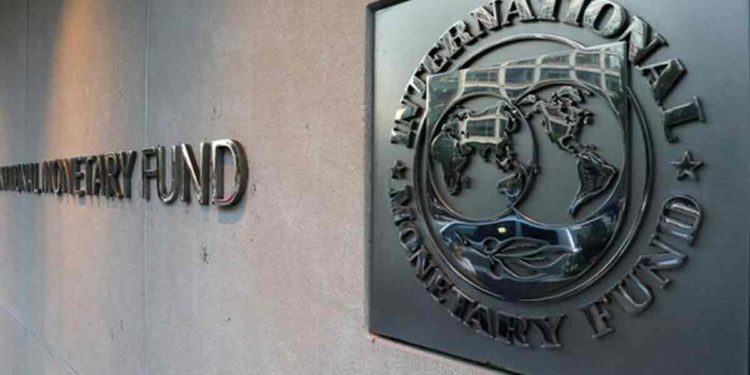The International Monetary Fund (IMF) has approved a $240 million three-year loan to Uganda to support a radical public sector reform agenda anchored on fighting corruption, cutting financial waste and promoting financial inclusion while sending positive signals to international creditors and credit rating agencies about the country’s debt burden.
Stronger anti-corruption enforcement measures, increased investments in financial inclusion initiatives aimed at expanding access to financial services within the population, the introduction of tighter financial management controls, the rollout of beneficial ownership disclosure regimes across different sectors, bigger investments in social spending programmes such as the Social Assistance Grant for the Elderly scheme and deeper enforcement of Anti-Money Laundering and Combating of the Financing of Terrorism regulations among others are cited in the ambitious reform plan.
These reforms are to be implemented over a period of 12 months, starting December 2022.
The new funding package represents a slight shift from previous IMF loans acquired by Uganda since the onset of the Covid-19 pandemic in early 2020.
Whereas the latter were procured for direct budget support required for the settlement of government’s operating expenses, Covid-19 healthcare-related costs and provision of financial stimulus packages for the most affected sectors, the former is targeted towards public sector administrative reforms.
Uganda received a $471 million loan from the IMF in late 2020 and another $1 billion loan in 2021 for budget support purposes.
Uganda’s total public debt is currently estimated at more than $20 billion, while headline inflation stood at 10.6% in November.
See Also:




